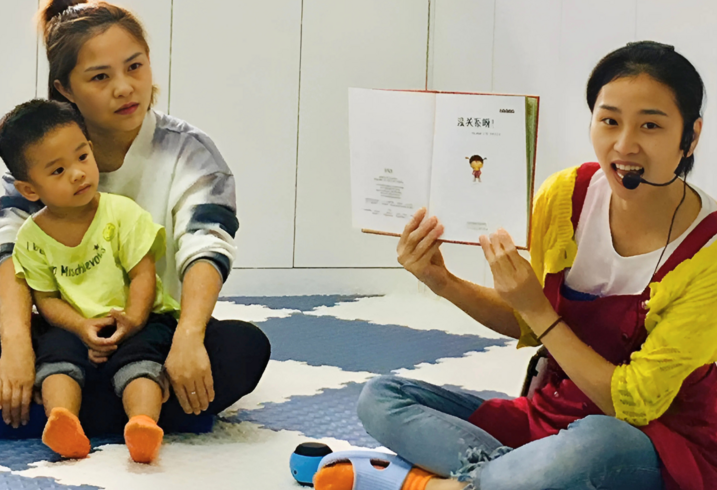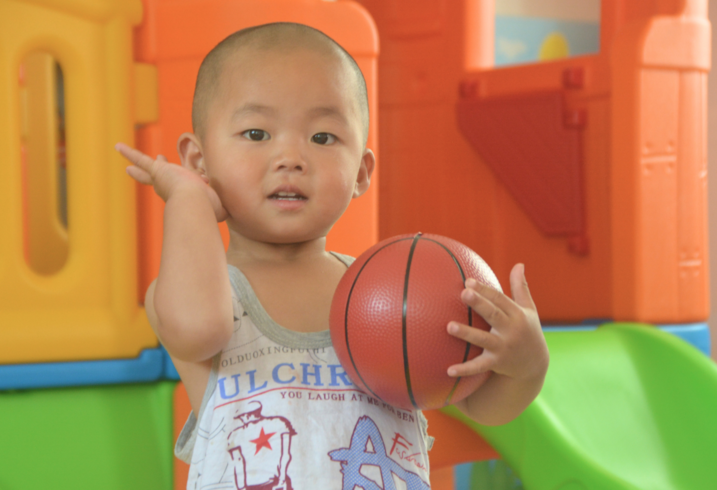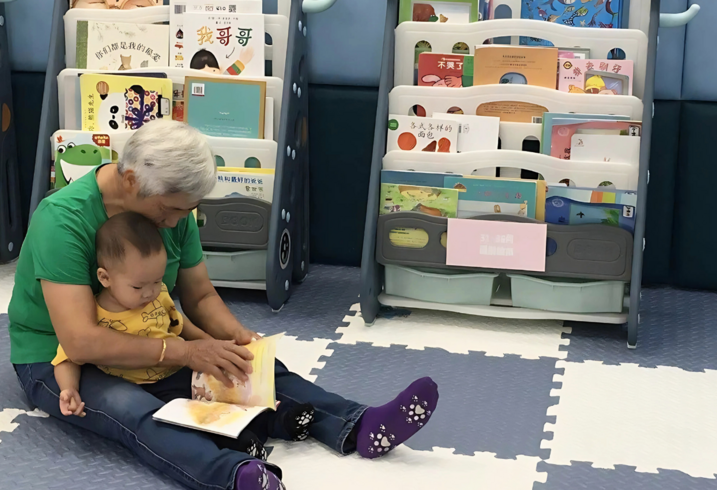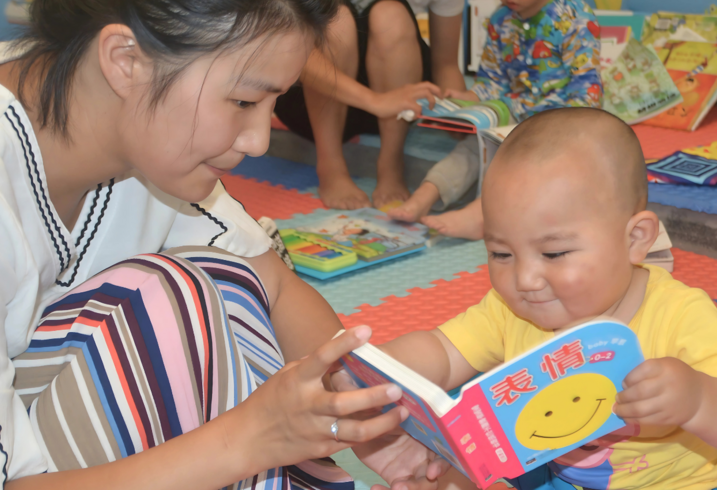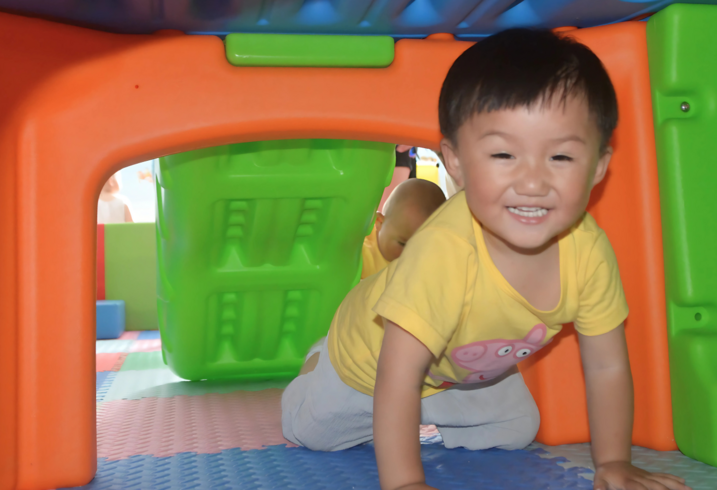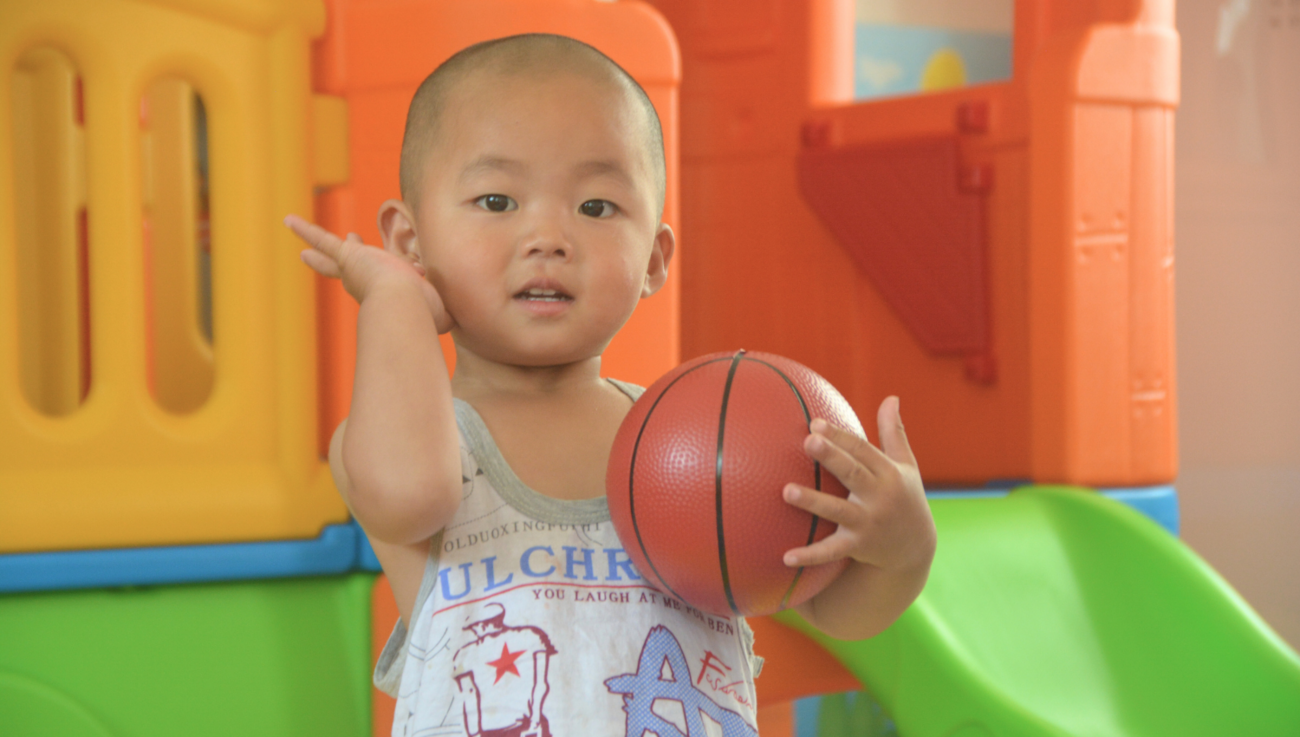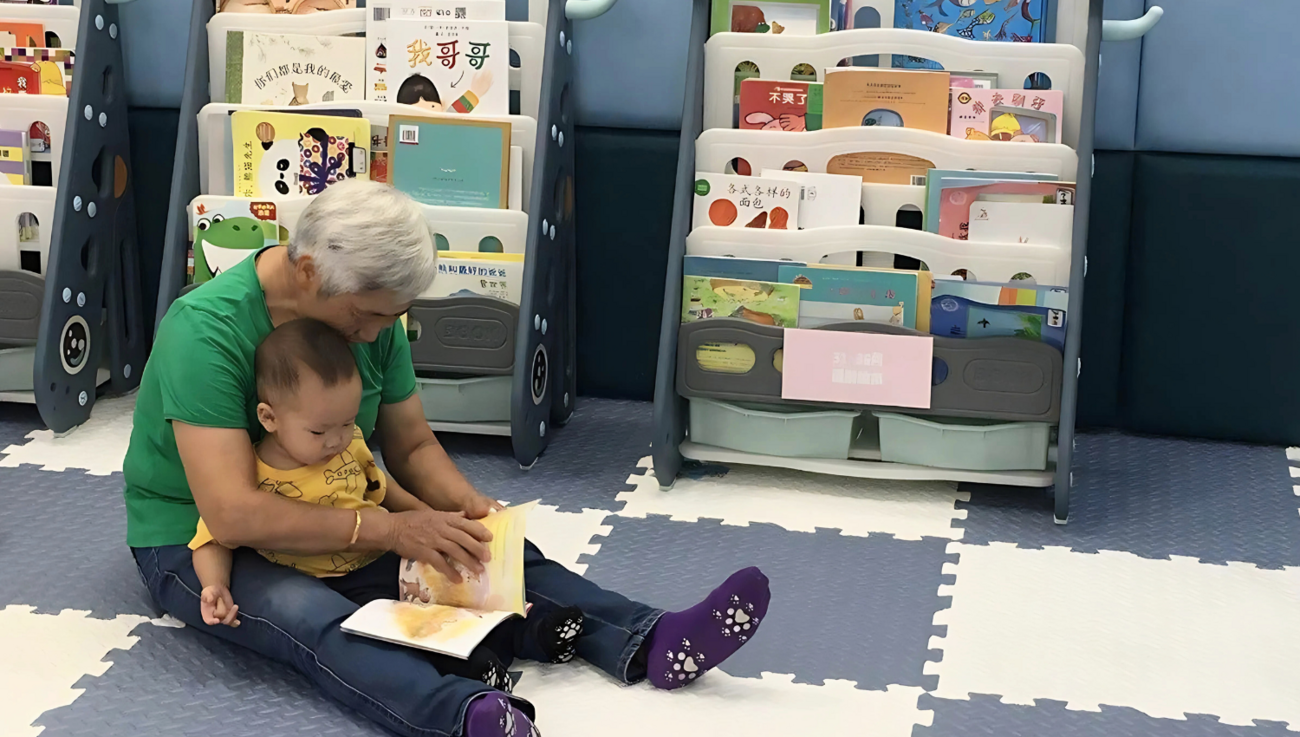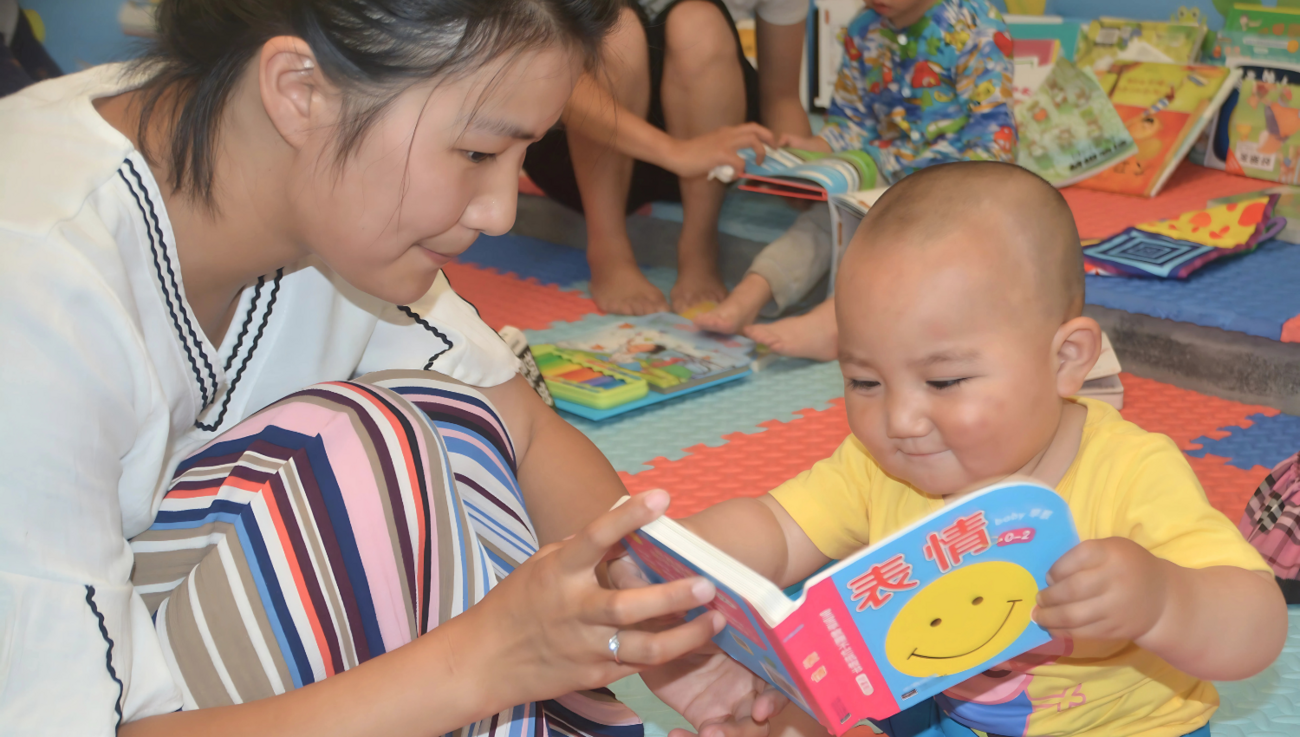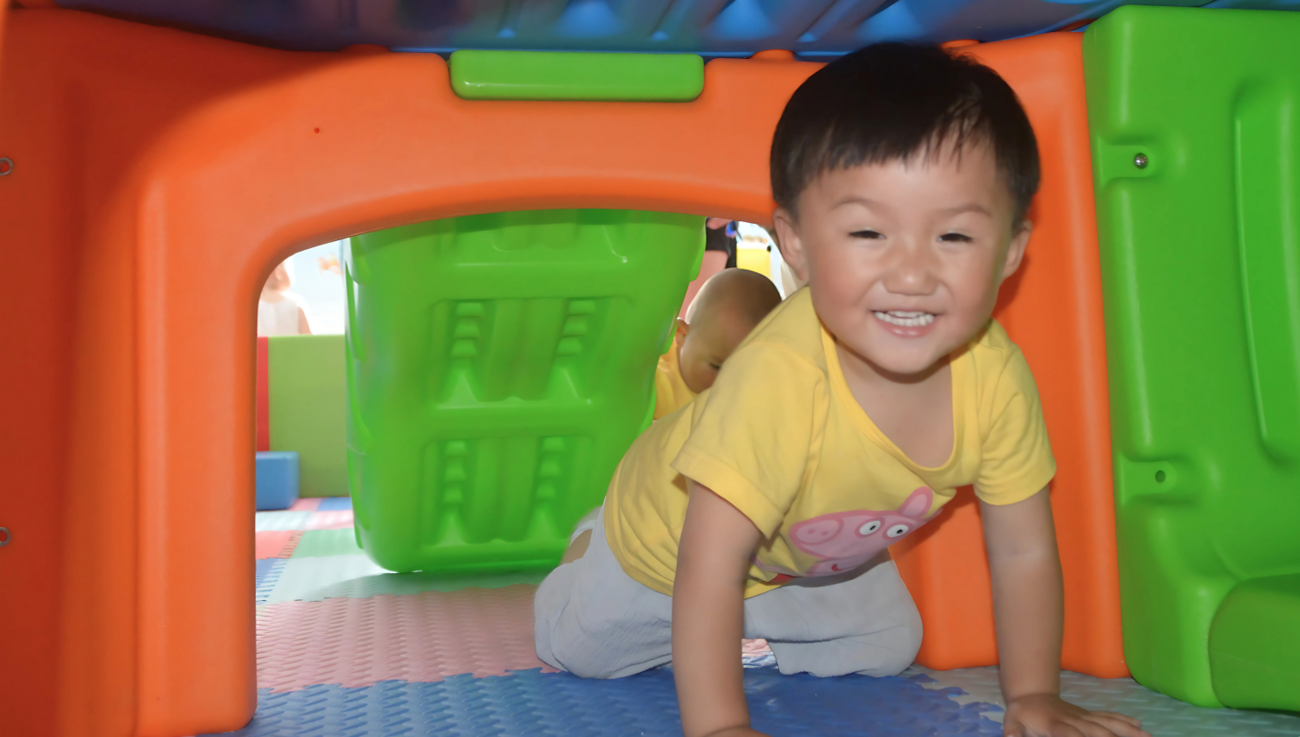Maternal Migration Patterns and Child Development from Infancy to Early Adolescence: A Longitudinal Study in Rural China
The massive flow of migrants from rural to urban areas in China over the past decades has sparked concerns about the development of left-behind children. Drawing on a six-round, longitudinal cohort survey in rural China from 2013 to 2023 that follows children from 6 months to 11 years of age, we analyse the effects of two maternal migration patterns – persistent migration (migration without return) and return migration (migration followed by return) – on the cognitive development and nutrition of left-behind children from infancy to early adolescence. The results show that persistent maternal migration has adverse effects on the cognitive development and increased the BMI of left-behind children. In contrast, maternal migration had no significant effect on either cognitive development or any indicator of nutrition when the mother later returned. Persistent maternal migration had a strong, long-term negative effect on the cognitive development of left-behind children especially when mothers migrate within one or one and a half years after childbirth; maternal migration also had a short-term, negative effect on cognitive development when mothers migrate when the child is between 2 and 3 years old. These effects are likely driven by the lower levels of stimulating parenting practices and dietary diversity provided by the stand-in primary caregivers of left-behind children.

